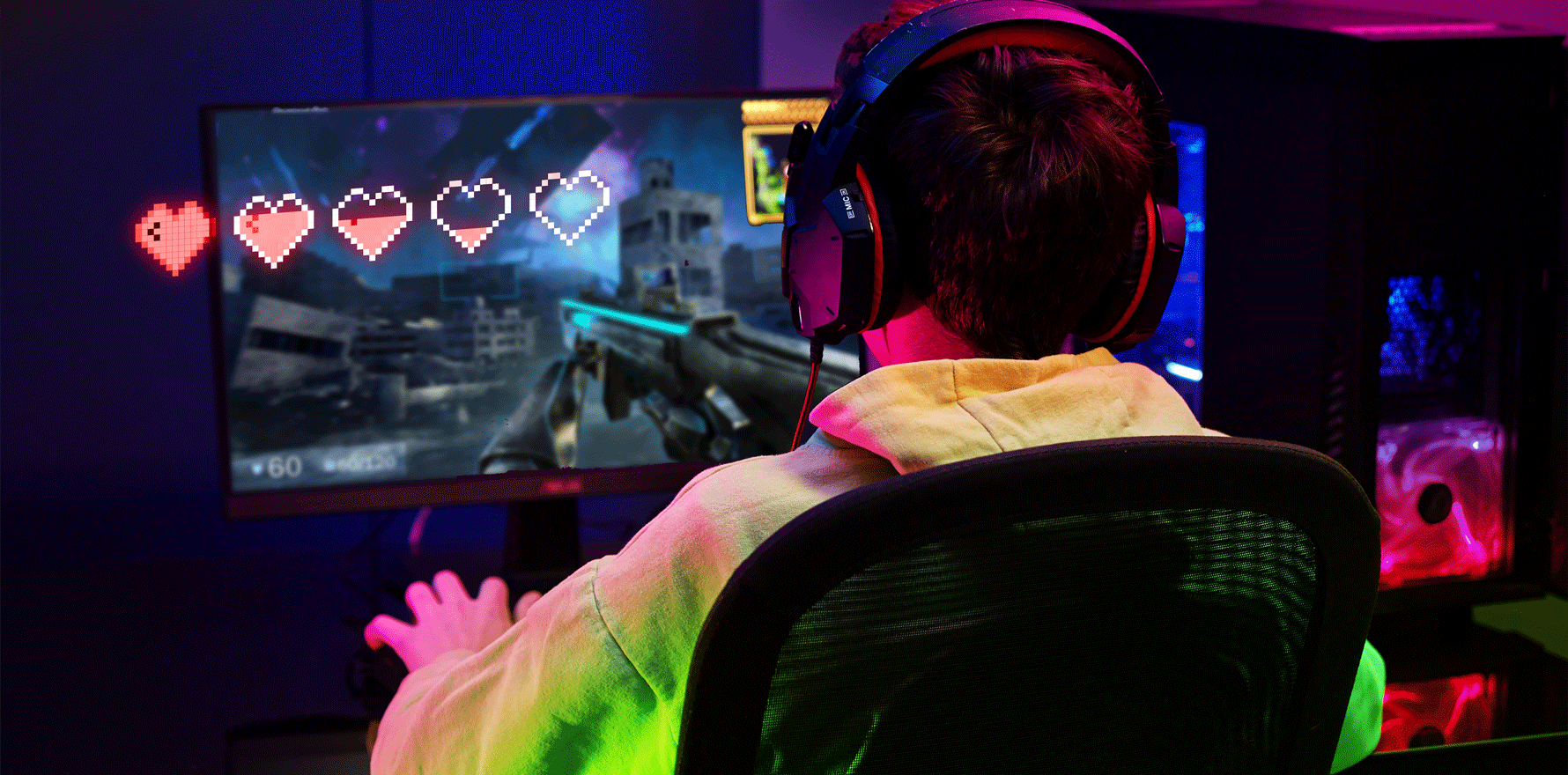Children who faint while playing electronic games or sport should be investigated for arrhythmias, experts urge.
Gaming can trigger potentially fatal heart arrhythmias in children who are genetically susceptible, an Australia-led case-series study has found.
The researchers urged clinicians to be aware of this potential risk in children with established arrhythmia syndromes when gaming.
Children with a history of fainting while playing video games should also be investigated, they wrote in the journal Heart Rhythm.
“In light of this series, we advocate that a clinical history of syncope during electronic gaming mandates similar cardiac investigations to syncope during exertion, including, at a minimum, a family history, electrocardiogram, and stress test.”
“The population at risk is exceptionally small,” paediatric cardiologist Dr Christian Turner, one of the study leads, told TMR.
“If the history is typical for vasovagal episode of syncope, and there is no suspicious family history, then no cardiac tests are required,” said Dr Turner, from the Heart Centre for Children at Sydney Children’s Hospitals Network.
However, Dr Turner said unusual features include children who faint during sport or physical activity, in periods of high excitement such as while gaming, who have been injured when fainting or have a family history of unexplained death or fainting during sport.
“Those associated with dangerous heart rhythm disturbances are unheralded, occur suddenly and most typically during periods of high excitement or during exercise.”
Dr Turner said in those cases, investigations such as an ECG, exercise stress test and Holter monitor should be considered. “Referral of a child with suspicious arrhythmic syncope is essential,” he said.
The international case series and systematic review included 22 cases of children who had suddenly lost consciousness while gaming.
The children aged between seven and 16 had suspected or proven ventricular arrhythmia during electronic gaming. Six of the children experienced cardiac arrest but were resuscitated, and four died suddenly, the authors reported.
In seven of the patients, a proarrhythmic cardiac diagnosis was already known, while 12 received a diagnosis afterwards.
Six of the children had just won or lost when the arrhythmic event occurred, and one was jumping up and down in excitement, the researchers reported.
“The other patient was fighting with his sibling for the electronic game controller at the time of the event,” they wrote.
Details of the games were known for 13 patients, and eight (62%) were playing war games. “In children with proarrhythmic cardiac conditions, electronic war games in particular are a potent arrhythmic trigger,” the researchers said.
“Subsequent testing of family members was undertaken in some instances, leading to diagnoses in multiple family members.”
The study reported that four children had further events during electronic gaming while prescribed antiarrhythmic medication.
“Given the small numbers here, we need to exercise some caution with interpretation of this finding,” Dr Turner told TMR.
But cardiologists should be aware that there was the potential for children to continue having episodes of arrhythmic syncope even when they were being treated medically, he said.
“In this series, at least one of the children was counselled to avoid a specific computer game due to a breakthrough event on optimal medical therapy.”
When children already have a diagnosis of an arrhythmia syndrome, counselling about appropriate activities was important, Dr Turner said.
“In light of our findings, cardiologists do need to consider appropriate counselling around suitable electronic gaming activity in children that do have established arrhythmia diagnoses such as Long QT Syndrome or Catecholaminergic Polymorphic Ventricular Tachycardia.
“It would be important to educate the families, optimise medical therapy and to ensure that there is adequate supervision during any computer gaming in children with established arrhythmia syndromes. It’s important to stress that not all video games are the same. The most exciting, and potentially most risky, seem to be multi-participant war games.”
The authors wrote that competitive sport and other high-risk activities were known to precipitate arrhythmic events in susceptible individuals. But electronic gaming was not normally included in counselling given to families with proarrhythmic diagnoses, they said.
“In adolescents deemed to be at risk during competitive sporting activity, electronic gaming may be encouraged under the false premise that it may represent a safe alternative to higher-risk sports.”


